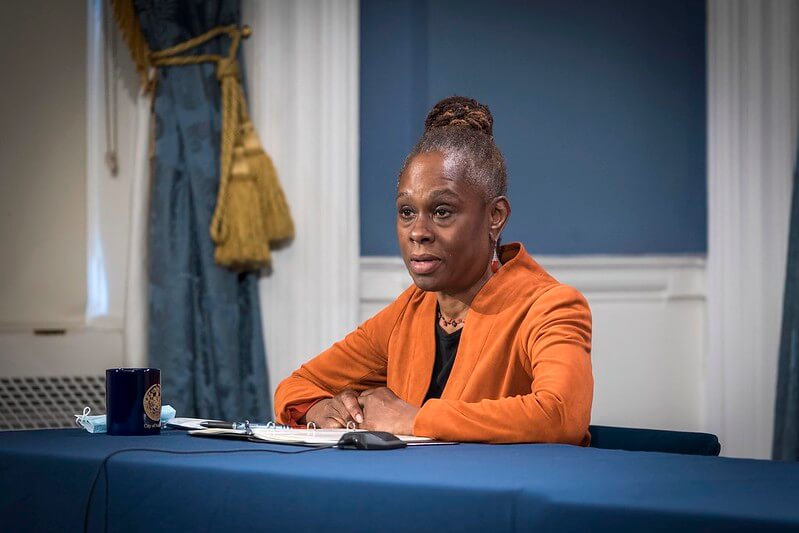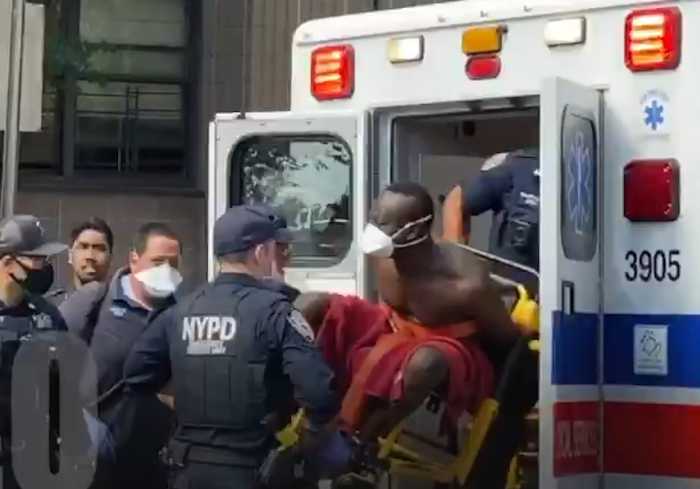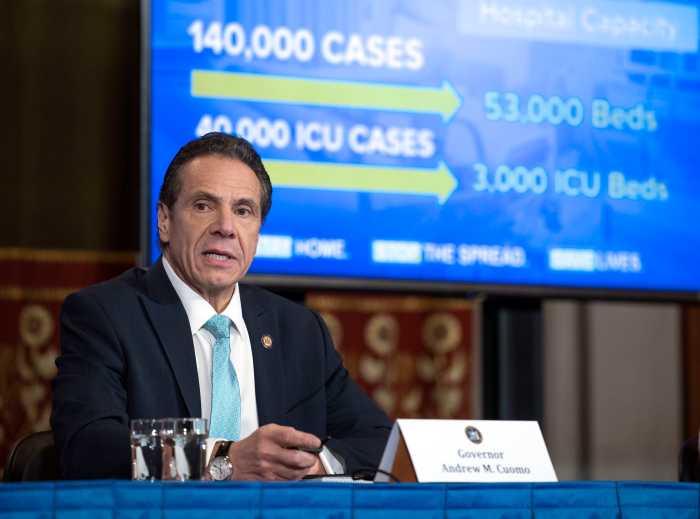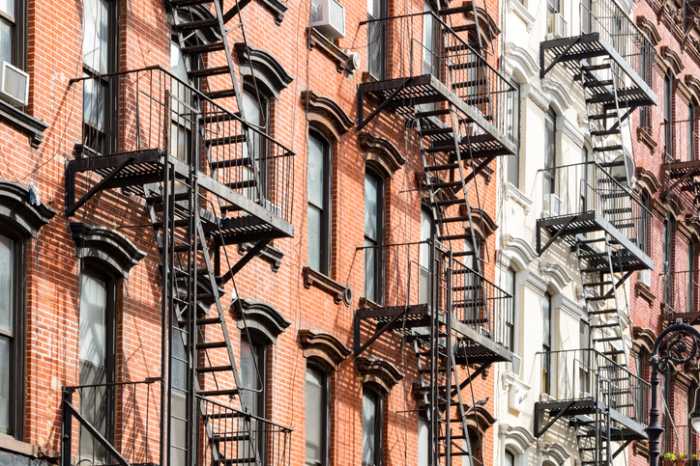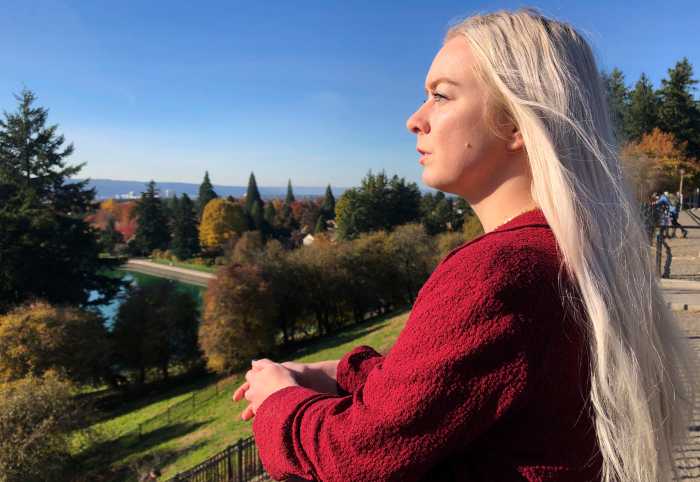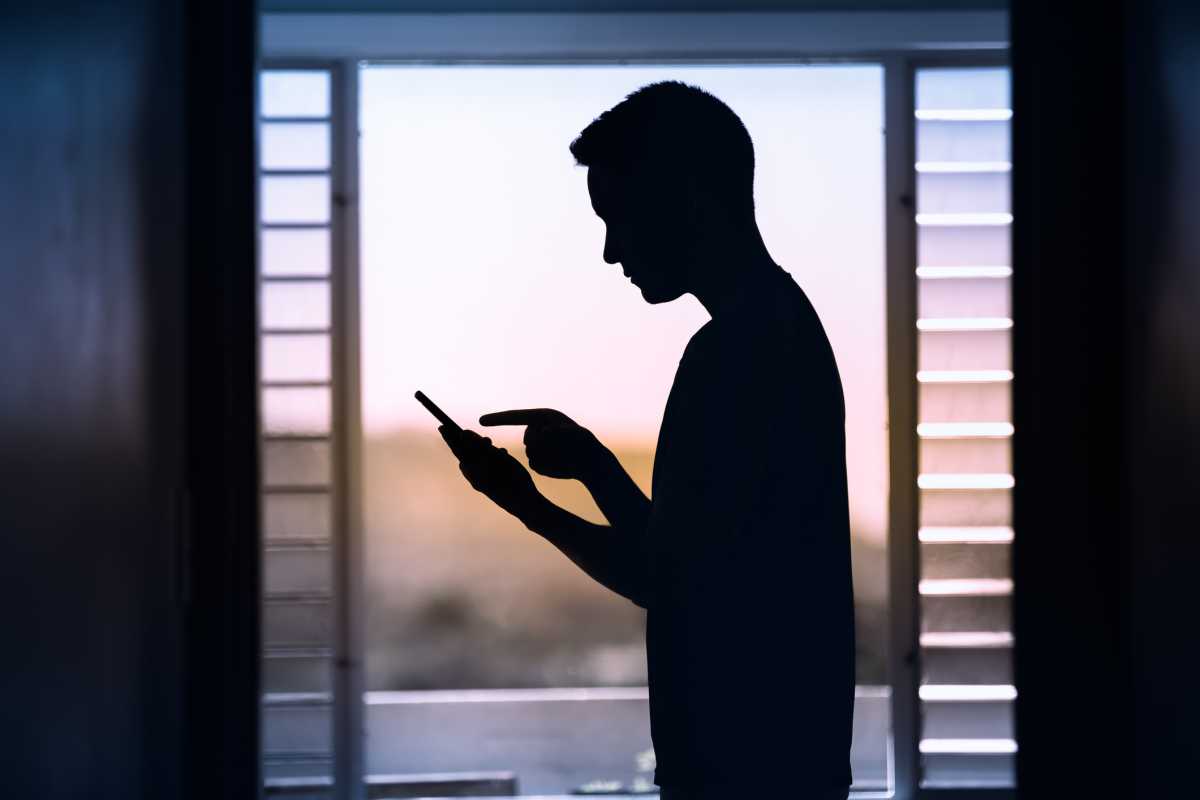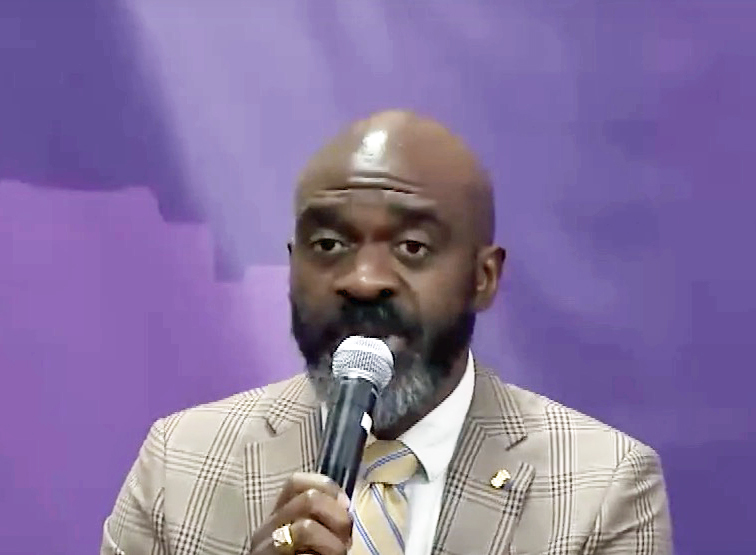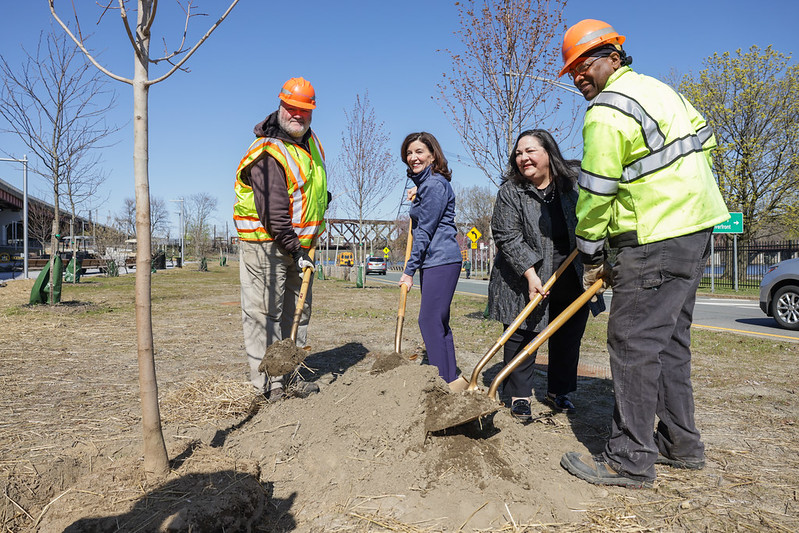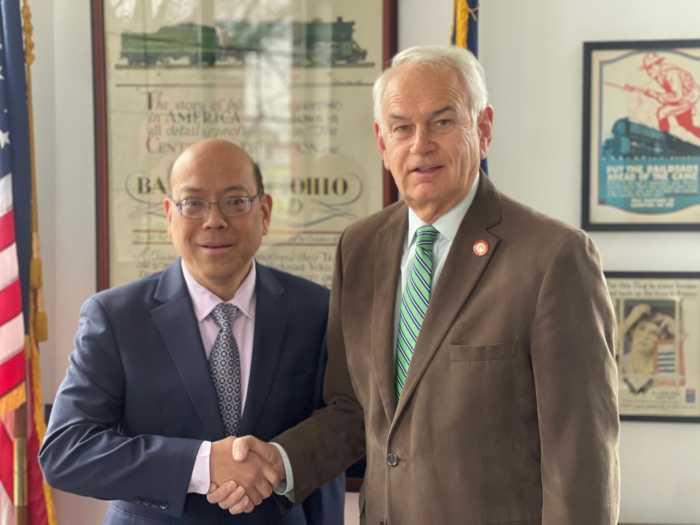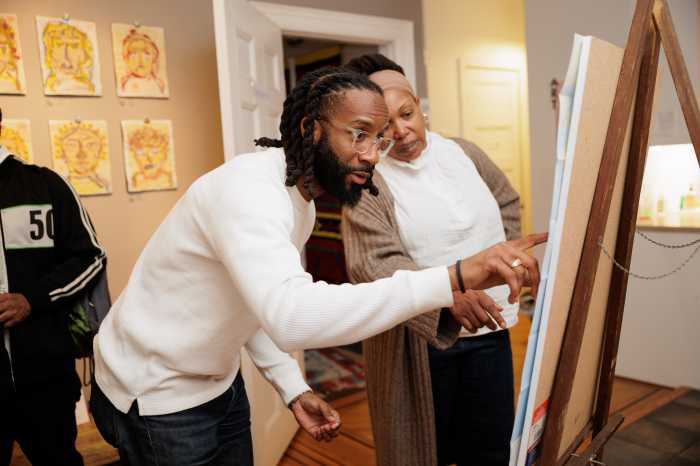The city plans to start using teams of mental health professionals and Emergency Medical Service (EMS) workers to answer certain 911 calls instead of NYPD officers early next year as part of a new initiative, Mayor Bill de Blasio announced on Tuesday.
Officials gave few details on the initiative including its exact start date or where it will begin to be implemented. The plan is to pilot the program in two “high need” neighborhoods that have been hit hard by the coronavirus pandemic over the next few months and eventually expand across the city, according to first lady Chirlane McCray, who made the announcement along with the mayor.
“This is the first time in our history that health professionals will be the default responders to mental health emergencies, treating mental health crises as mental health challenges and not public safety ones,” said McCray.
“This is a major innovation, this is a big change in how things are done,” Mayor de Blasio added.
NYPD officers will be dispatched along with mental health professionals and EMS for calls that involve a weapon or a person exhibiting violent behavior, according to McCray. In these instances, health professionals will still be in charge of coordinating the response while NYPD serves as back-up and “ensure everyone’s safety.”
The pilot is essentially an edited version of a de Blasio initiative created last year to change the way the NYPD responds to disruptive mental health episodes after officers shot and killed a mentally ill Brooklyn man who they believed had a gun.
Originally, the plan called for teams of trained mental health professionals to join NYPD officers as they responded to emergencies.
“We put that pilot on pause, we are holding off to see if a much more health-centered approach to these kinds of mental health emergencies would be successful in New York as it has been elsewhere,” said Director of The Mayor’s Office of ThriveNYC Susan Herman. San Francisco and Denver are both reforming the role of police and no longer deploy officers to respond to behavioral, psychiatric, or substance abuse calls.
“We believe that working together, developing the right protocols… we can make sure that when it is a truly dangerous situation, the NYPD will be there.”



